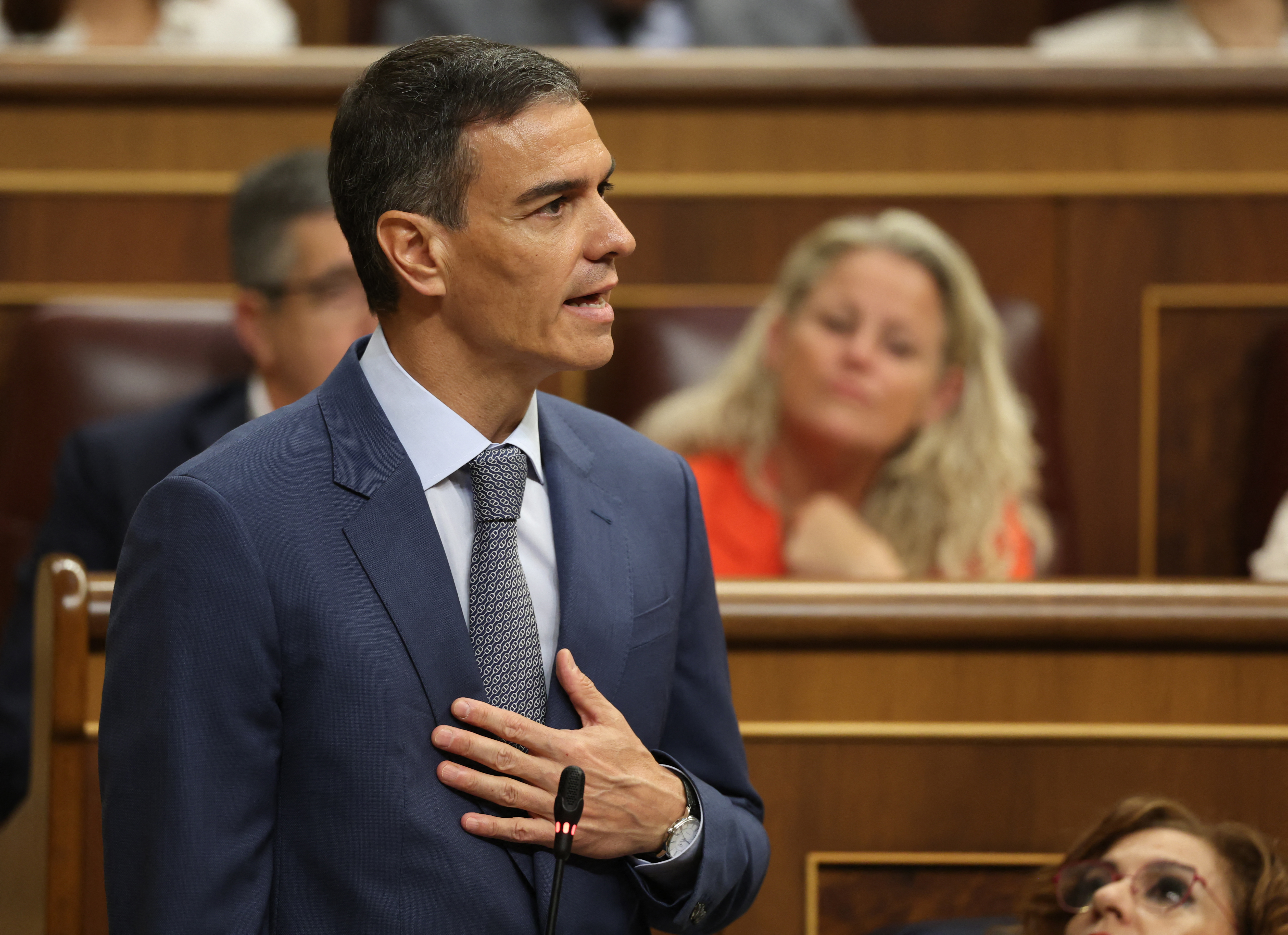
MADRID - Spain has agreed with NATO to limit its military spending to 2.1 percent of gross domestic product (GDP), Spanish Prime Minister Pedro Sanchez announced on Sunday, ahead of the NATO summit set to start on Tuesday.
Sanchez said this agreement was finalized over the weekend after intense negotiations and an exchange of letters between him and NATO Secretary General Mark Rutte.
ALSO READ: NATO defense ministers struggle to bridge divides over military spending goals
"Spain will need to allocate 2.1 percent of its GDP to acquire and maintain all the personnel, equipment, and infrastructure requested by the Alliance to address the threats and challenges," Sanchez stated at a press conference at La Moncloa Palace. "No more, no less".
US President Donald Trump has pressed NATO allies to raise their defense spending to five percent of GDP. However, Sanchez formally rejected this demand on Thursday last week, stating that Spain has no intention of committing to such a level.
In his Sunday statement, Sanchez warned that "rushing toward 5 percent" would lead to rising prices and public spending, and reduce investment in key sectors such as education and digital development.
Calling the 5 percent target "disproportionate and unnecessary" for Spain, Sanchez emphasized that Spain is "one of the five NATO countries with the most troops deployed worldwide." He also stressed that "asymmetry within NATO is normal and inevitable," citing the economic diversity among allies.
READ MORE: Rubio's NATO visit exposes mounting tensions, eroding trust in transatlantic ties
Sanchez asserted that the Spanish Armed Forces estimate that spending 2 percent of GDP is sufficient to meet national commitments.
In his letter sent on Thursday to NATO Secretary General Rutte, Sanchez has stated: "Each NATO member, as a sovereign country, decides whether or not to make those sacrifices. And we choose not to."


